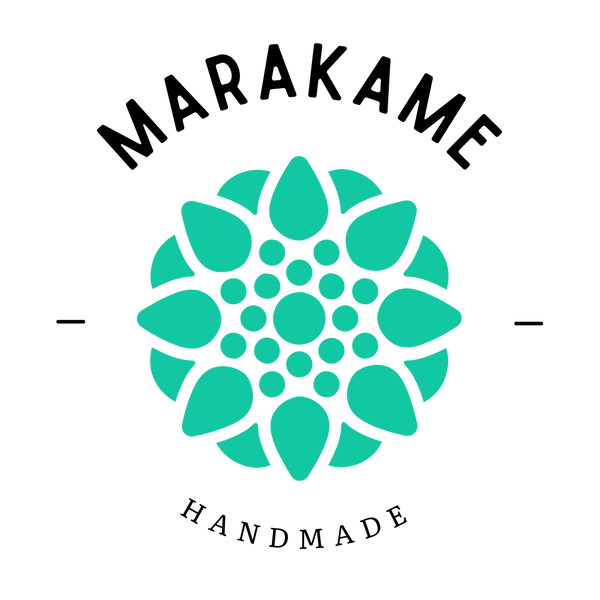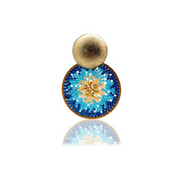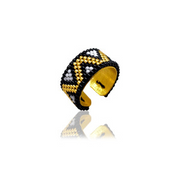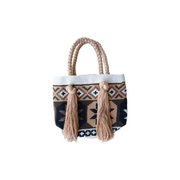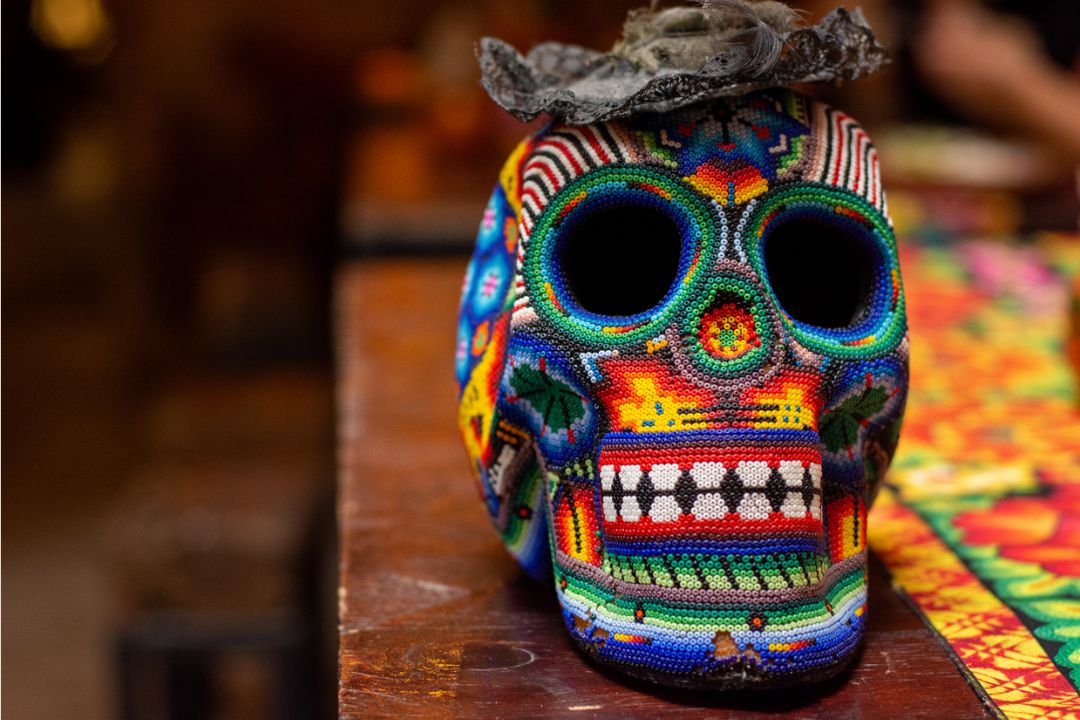At the end of 2022, a tragic event broke both my heart and my soul. It marked the darkest chapter of my life. Overwhelmed by the circumstances I found myself in, I made the resolute decision to put my life on pause and embark on a journey of renewal. In January 2023, I returned to Mexico, driven by the dream of creating extraordinary accessories and in search of the remarkable wixarika* (pronounced wirárika) community, renowned for their masterful craftsmanship and expertise in bead weaving .

My expedition began in the state of Jalisco, where I met different Wixarika artisans. It turned out to be an arduous effort to find the artisan who would bring my imagined bracelets to life. Meanwhile, the name and logo of my project escaped me. Determined to find inspiration, I engaged in candid conversations with wixarikas, seeking to understand their culture and the deep symbolism woven into their creations. It was during one of these enriching exchanges that I met Alicia, an extraordinary craftswoman. With passion, she revealed the mystique surrounding the sacred peyote cactus, also known as "hikuri", and its essential role within their culture. Although different versions can be heard or found on the web, a common thread is that with its psychedelic properties, it is essential for those undertaking a spiritual quest. In their history and rituals, those who embark on the deepest spiritual journeys are those who manage to bridge the gap between the spiritual and physical worlds, between gods and humans. This feat is called the Nierika, meaning the "gift of seeing", granting an intimate understanding of the authentic and hidden essence of the things present around one. Those who achieve this have the opportunity to become a Marakame, a shaman and revered figure within the Wixarika community, to whom individuals turn for comfort, seeking healing for their body and soul, due to of their deep connection with the spiritual realm.
During the most difficult time of my life, I turned to my art project in an attempt to heal my broken heart and soul. In this moment of renewal, the name Marakame resonated with me, representing not only my own journey, but also the embodiment of my aspirations. I fervently hope that through Marakame's creative efforts, intertwined with humanitarian initiatives, it will contribute to your happiness and harmony.
*It is good to note that the Wixarika people are often incorrectly called Huichol, but they prefer to be called Wixarika.
